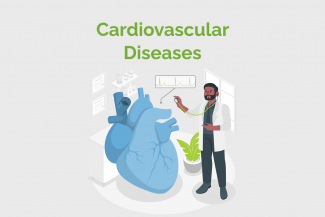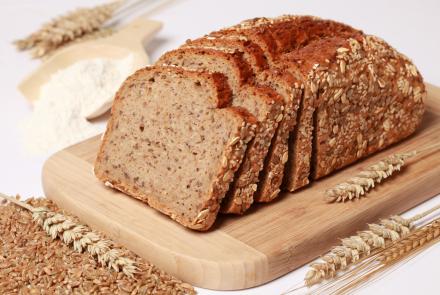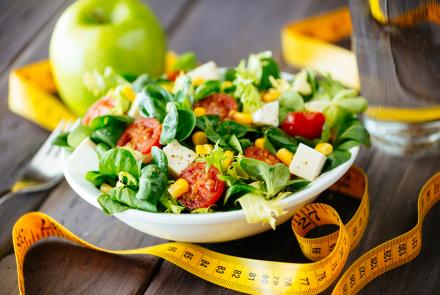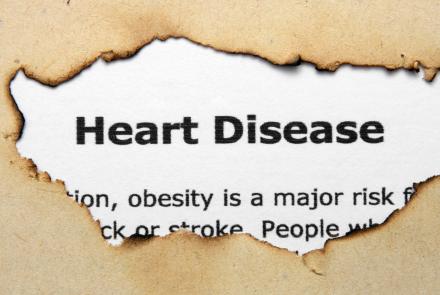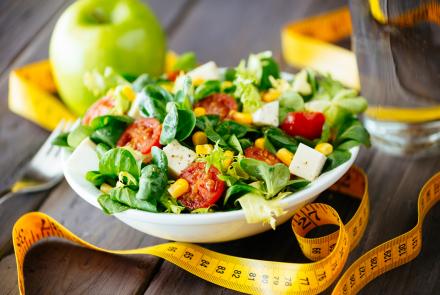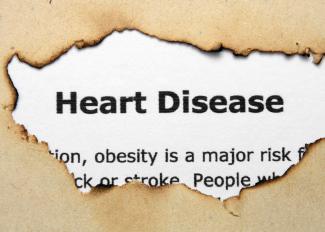
is a term that refers to different problems or disorders affecting the heart. In Asian countries, heart disease has become increasingly prevalent in recent decades and now accounts for about one third of all deaths. This is mainly because of changing lifestyles – people eat foods with higher energy and fat and lead more sedentary lives.
Causes and Risk factors : http://www.patientsengage.com/conditions/cardiovascular-diseases/causes-risk-factors
Signs and Symptoms: http://www.patientsengage.com/conditions/cardiovascular-diseases/signs-symptoms
Different types of heart disease and stages of heart disease: http://www.patientsengage.com/conditions/cardiovascular-diseases/types-stages
Tests you may need to have: http://www.patientsengage.com/conditions/cardiovascular-diseases/diagnosis-tests
Treatment: http://www.patientsengage.com/conditions/cardiovascular-diseases/treatments
Managing heart disease: http://www.patientsengage.com/conditions/cardiovascular-diseases/management
Preventing heart disease: http://www.patientsengage.com/conditions/cardiovascular-diseases/prevention

